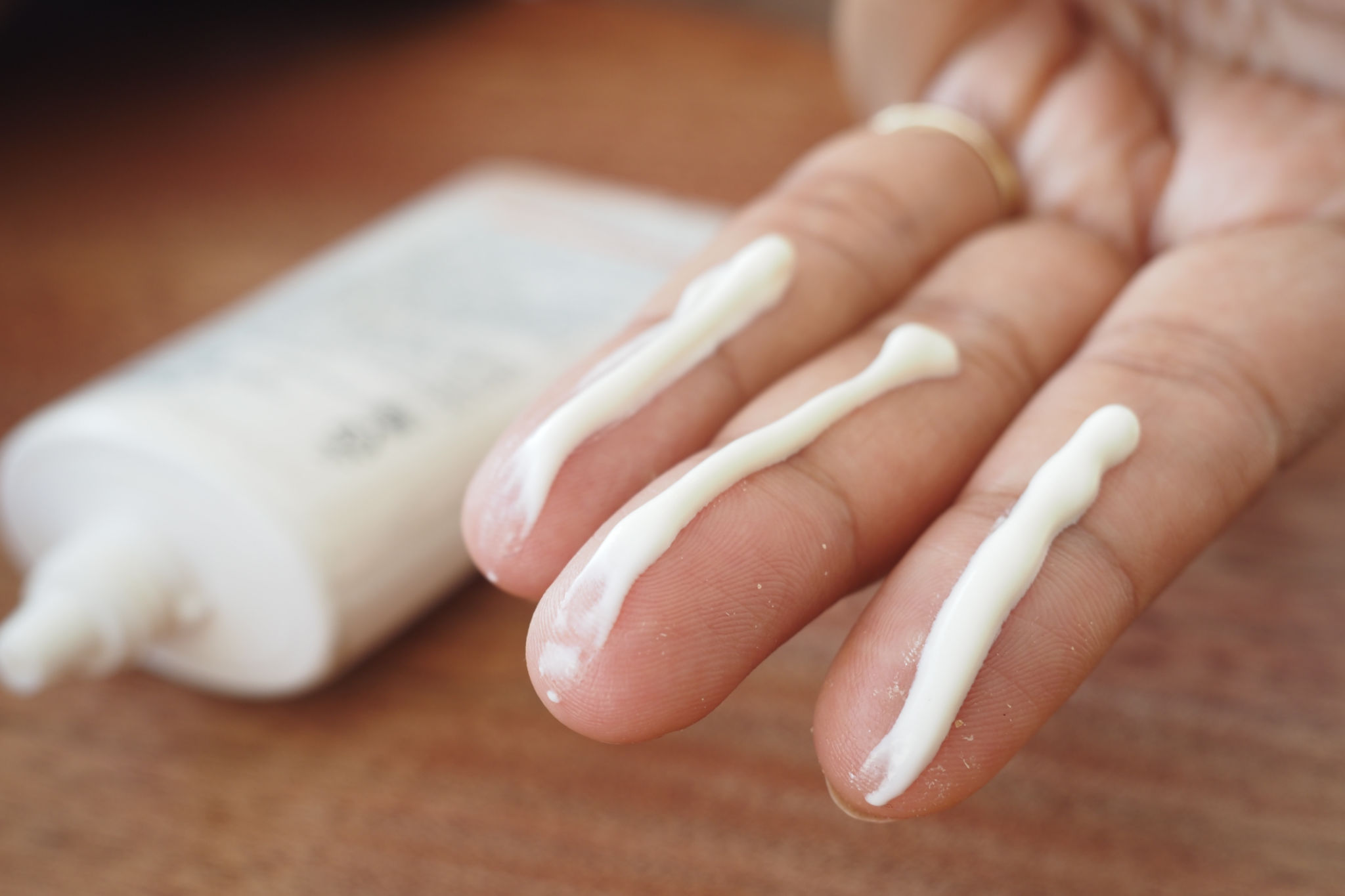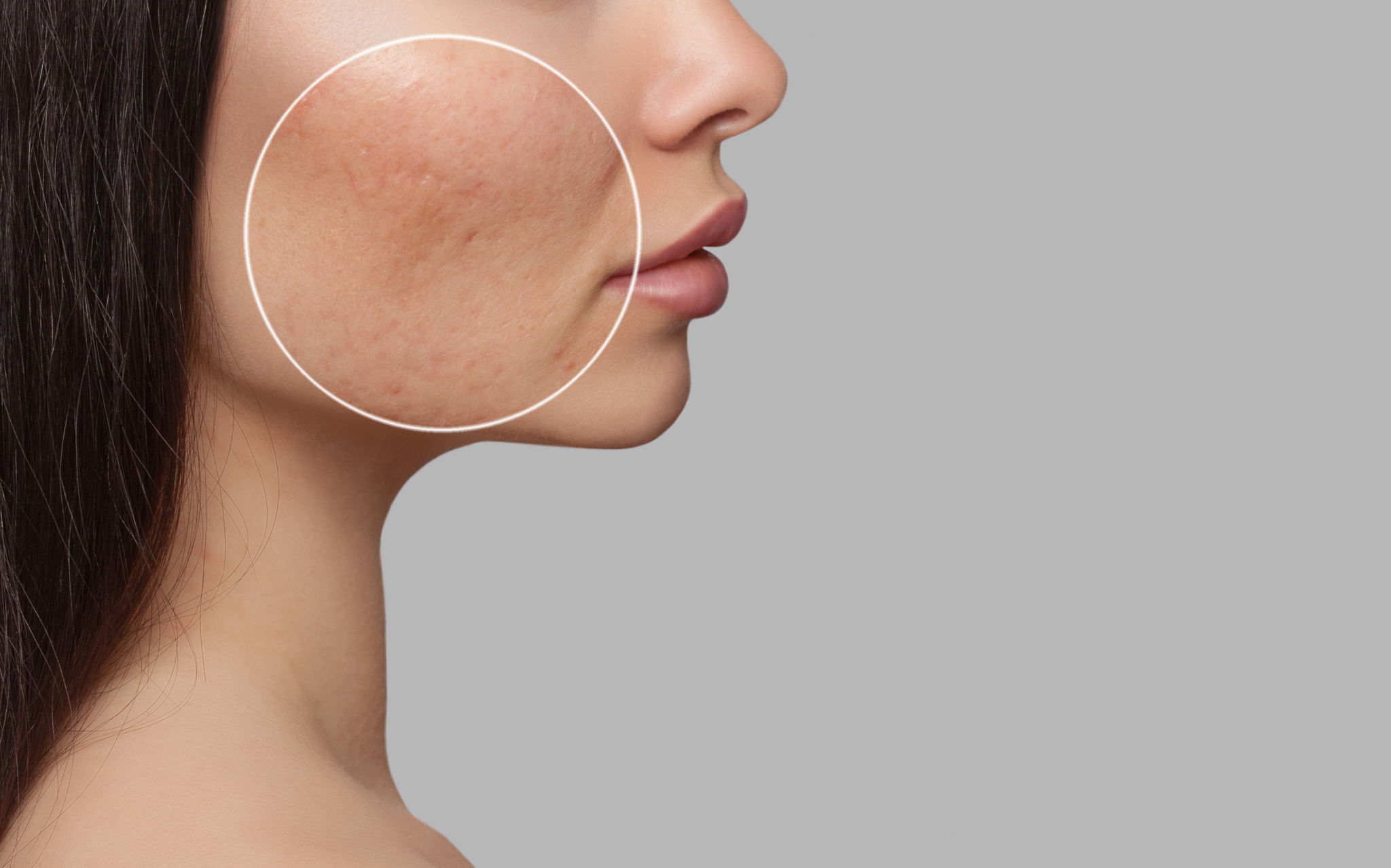Common Skincare Myths Debunked by Experts
Understanding the Truth Behind Skincare Myths
The skincare industry is rife with myths and misconceptions that can lead to confusion and misguided practices. With so much information available, it can be challenging to discern fact from fiction. Fortunately, experts in dermatology have weighed in to debunk some of the most common skincare myths. Understanding these truths can help you develop a more effective skincare routine.

Myth 1: Oily Skin Doesn't Need Moisturizer
One of the most pervasive myths is that people with oily skin should avoid moisturizers. However, skipping moisturizer can actually lead to increased oil production as the skin tries to compensate for the lack of hydration. Dermatologists recommend using a lightweight, non-comedogenic moisturizer to keep oily skin balanced without clogging pores.
Myth 2: Sunscreen Is Only Necessary on Sunny Days
Many people believe sunscreen is only needed when it's sunny outside, but this is far from the truth. Ultraviolet (UV) rays can penetrate clouds and even windows, causing skin damage regardless of the weather. Experts advise applying a broad-spectrum sunscreen with at least SPF 30 every day, regardless of the season or weather conditions.

Myth 3: Natural Ingredients Are Always Better
While natural ingredients are often perceived as safer, they are not automatically superior to synthetic ones. Some natural substances can cause allergic reactions or be ineffective. Dermatologists emphasize that the efficacy and safety of an ingredient are more important than its origin. Always patch-test new products, whether natural or synthetic, to ensure they suit your skin.
Myth 4: You Can Shrink Your Pores
Pore size is largely determined by genetics, and no topical product can permanently shrink them. However, certain products can minimize their appearance temporarily. Using a gentle exfoliator and products containing retinoids or niacinamide can help keep pores clean and reduce their visibility.

Myth 5: Higher SPF Is Always Better
It's easy to assume that a higher SPF number offers significantly better protection, but this isn't necessarily true. SPF 30 blocks about 97% of UVB rays, while SPF 50 blocks around 98%. The difference is minimal, and no sunscreen can block 100% of UV rays. The key is to apply sunscreen generously and reapply every two hours for optimal protection.
Final Thoughts on Skincare Myths
Debunking these skincare myths allows you to make informed decisions about your skincare routine. Remember that what works for one person may not work for another, so it's essential to tailor your skincare practices to your unique needs. Consulting with a dermatologist can provide personalized advice and help you navigate the vast world of skincare with confidence.
